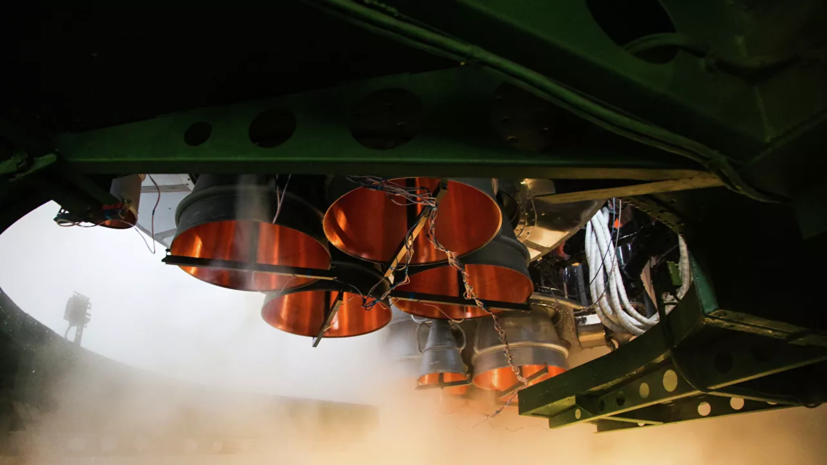“Thus, the beginning of the deployment of a new Arctic orbital group of Russia has been laid,” he wrote in Telegram.
Earlier, the Soyuz-2.1b launch vehicle with the first Russian satellite Arktika-M was launched from Baikonur to monitor the climate and the environment in the Arctic region.
Upper stage "Fregat" with "Arktika-M" separated from the third stage of the rocket on a suborbital trajectory.
According to Rogozin, this launch "had to be more worried than usual", because due to the wind, the Soyuz-2 launch was "at the very limit of tolerance for meteorological conditions", but "the rocket and its control system coped brilliantly."

